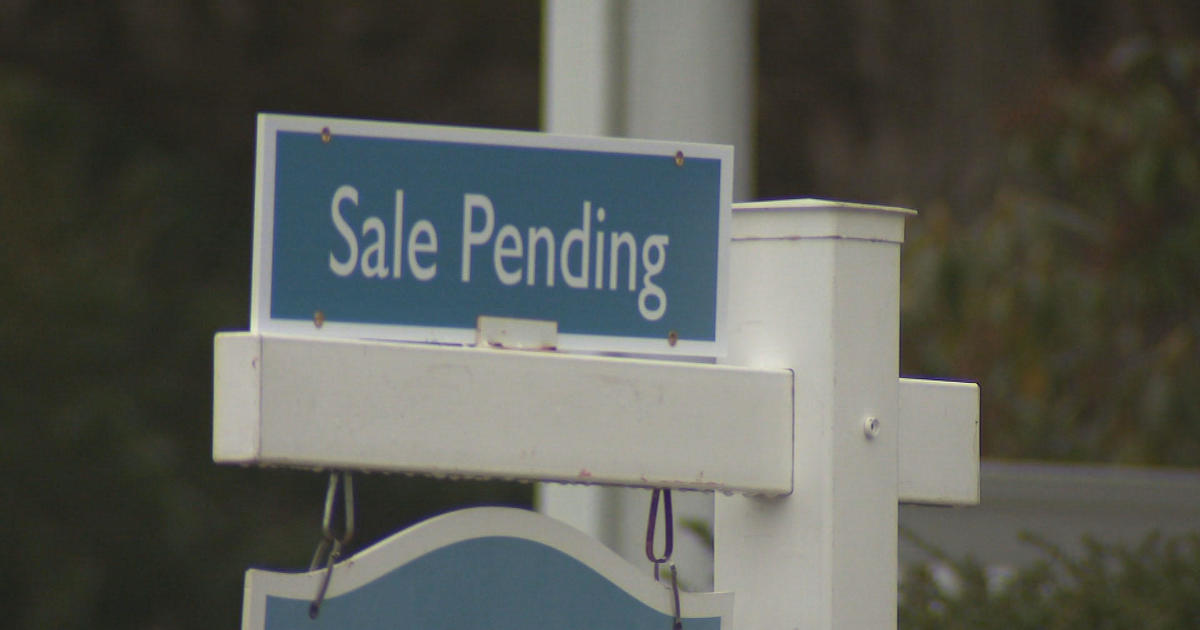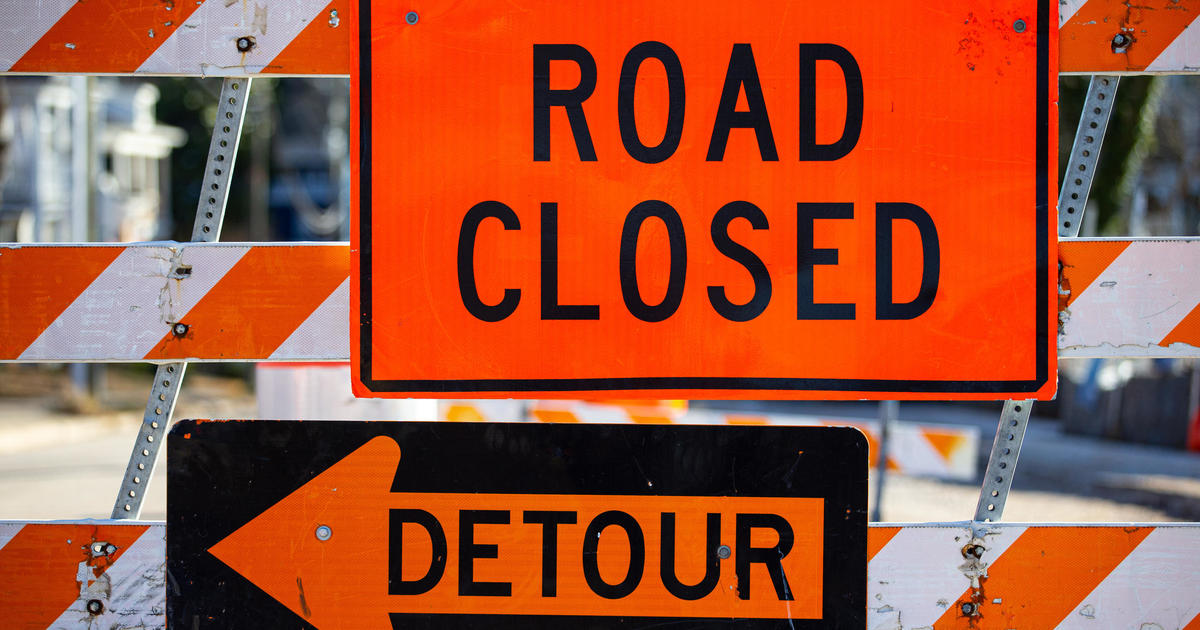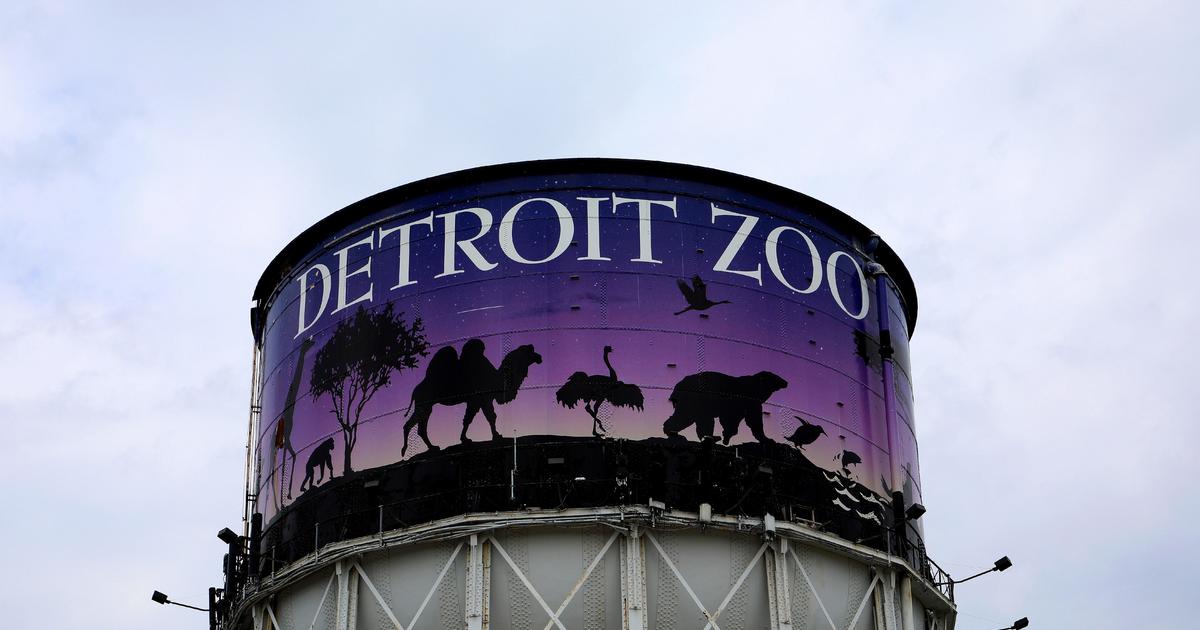Dearborn Gets EPA Sustainability Grant
DEARBORN -- Dearborn is among just eight communities in America that will receive free neighborhood design consultation in 2012 from Global Green USA with the help of a grant from the U.S. Environmental Protection Agency's Building Blocks for Sustainable Communities Program.
The grant focuses attention on the new intermodal train station to be built in west Dearborn, and the surrounding neighborhoods that will be part of a transit-oriented development plan.
The grant pays for sustainability experts to make recommendations to the city of Dearborn on how to integrate environmentally friendly and energy-efficient concepts into the station.
The new train station itself will be built according to national recognized Leadership in Energy and Environmental Design silver standards.
Over the next six months, four sustainability experts will conduct three-day visits to Dearborn and the other seven communities. A specific timeframe has not yet been set.
The purpose of the visit is to provide comprehensive recommendations for infrastructure and policy changes aimed at helping the communities build a future that is more resource-efficient, healthy and environmentally responsible.
An important factor in the selection process was the presence of a significant upcoming project. Global Green USA said that the projects must be poised to serve as a model for future sustainable development in their communities.
For Dearborn, the project is the new intermodal train station. Construction will start this spring.
The train station, to be built on Michigan Avenue west of the Southfield Freeway, will be the center of a TOD District that includes a historic neighborhood, business districts and Fairlane Town Center, the University of Michigan-Dearborn and Henry Ford Community College, The Henry Ford, major thoroughfares and Ford Motor Co. headquarters and facilities.
Other criteria for the grant included the presence of a strong neighborhood organization, the involvement of community leaders, the demonstration that the project contributes to a larger plan, and the ability to leverage federal, state or philanthropic funds.
Said Dearborn Mayor John B. O'Reilly Jr.: "This is a timely opportunity for us to leverage the latest planning tools and concepts of LEED Neighborhood Development for improving physical design and policies to develop strategies for our ultimate goal of a sustainable future."
Walker Wells, director of Global Green USA's Green Urbanism Program, said, "Cities are responsible for up to 70 percent of global warming pollution, but they can also be the laboratories for climate-friendly solutions that save money, improve health and quality of life. For nearly two decades, Global Green has been helping cities create sustainable plans for the future, and we are excited to be able to bring our expertise to these eight deserving communities."
The other communities are Lafayette, Ind.; Eden Prairie, Minn.; Greensboro, N.C.; Lakewood, Colo.; Oakland, Calif.; Louisville, Ky.; and Philadelphia, Pa.
Starting in February, the Global Green sustainability team will visit each of them with other planning and sustainability experts from around the country, including Ramie and Associates, Farr Associates, and the Agora Group.
During the site assessment, the team will identify a neighborhood's positive qualities, consult with community stakeholders in meetings and public workshops, and identify major opportunities to improve the sustainability of each neighborhood.
At the conclusion of the visit, the team will present recommendations for both physical and policy changes that may include street width reductions, ecological restoration, integrated energy and water infrastructure, new standards for in-fill and transit-oriented development, or zoning code revisions to allow for urban agriculture or mixed-use development.
The sustainability experts evaluating the communities will use the LEED-ND standard, a nationally recognized method for creating neighborhoods that are walkable, bikeable, resource-efficient and equitable.
Benefits of LEED-ND can include lower municipal operations costs, reduced infrastructure costs, increased use of alternate transportation, improvements to public health and environmental protection.
LEED-ND was developed by US Green Building Council (USGBC), Congress for the New Urbanism, and the Natural Resources Defense Council.
The assistance to the eight communities will be made possible by a grant from the U.S. EPA Office of Sustainable Communities under the Building Blocks for Sustainable Communities Program.
This program aims to provide technical assistance to 50 communities throughout the nation. This year, Global Green and three other nonprofit organizations -- Forterra (formerly Cascade Land Conservancy), Smart Growth America and Project for Public Spaces -- received these competitively awarded grants to help protect the environment, and improve overall quality of life for communities.
For more information about LEED-ND, visit www.nrdc.org/cities/smartgrowth/files/citizens_guide_LEED-ND.pdf.
A guide for how LEED-ND can be used by local governments is available at www.usgbc.org/ndgovguide.
More about the EPA's Office of Sustainable Communities Building Blocks for Sustainable Communities Program is available at www.epa.gov/smartgrowth/buildingblocks.htm.



